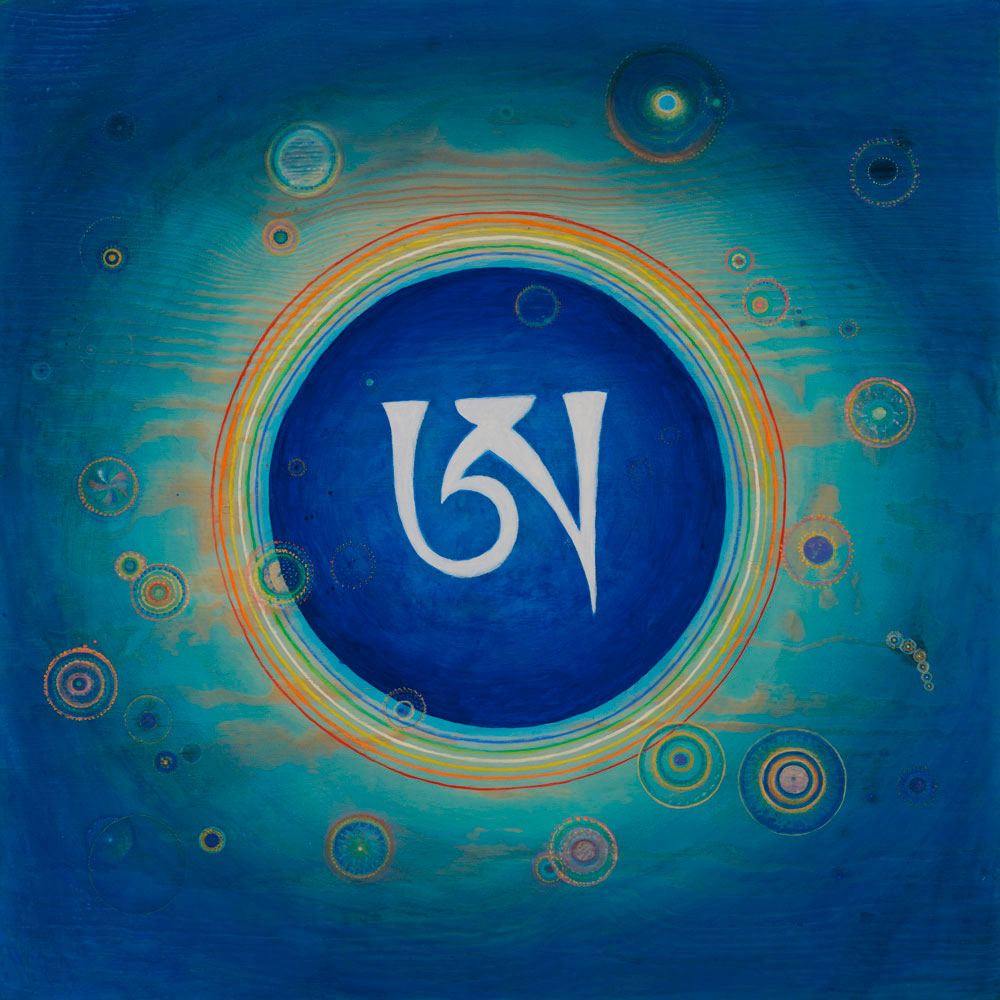
The Dzogchen teachings are neither a philosophy, nor a religious doctrine, nor a cultural tradition. Understanding the message of the teachings means discovering one’s own true condition, stripped of all the self-deceptions and falsifications which the mind creates. The very meaning of the Tibetan term Dzogchen, Great Perfection, refers to the true primordial state of every individual, and not to any transcendent reality.
— Chögyal Namkhai Norbu
Dzogchen Teachings
Dzogchen, which means Great Perfection, is a spiritual path found both within the Buddhist, and within the pre-Buddhist, Bön tradition of Tibet. Also known as Atiyoga, or Primordial Yoga, it is often regarded as the culmination of all paths to realisation. It’s approach is direct and unelaborate, and does not rely on outer forms or rituals. The teachings show us how we can take responsibility for our own situation. In the lineage of the Dzogchen teachings there have been masters belonging to all social classes, including farmers, nomads, nobles, monks and great religious figures, from every spiritual tradition or sect.
Self-perfected state
Dzogchen involves experiencing a state beyond ordinary mind, the primordial state, or self-perfected state. It is not a view that we can adopt intellectually, but rather something we discover, like taking off a mask to unveil our true face. Chögyal Namkhai Norbu also referred to this as instant presence, or the state of contemplation. In Dzogchen, the teacher introduces the student directly to this experience of the base of existence.
Garab Dorje’s Three Principles
Direct Introduction to the primordial state is the first of Garab Dorje’s three principles of the Dzogchen Teachings. It is where Dzogchen practice starts. Garab Dorje was the first human teacher of Dzogchen.
The second principle is: Not to Remain in Doubt. Through the repeated experience of the primordial state, in contemplation, the student no longer has any doubt about what his or her true condition is.
The third principle is: To Continue in the State. The student endeavours to continue at all times in the state of contemplation, until every thought or experience spontaneously self-liberates in the very instant that it arises.
Recommended reading
Good introductory books by Chogyal Namkhai Norbu:
The Mirror: Advice on Presence and Awareness, available for free download,
The Crystal and the Way of Light: Sutra, Tantra and Dzogchen,
Dzogchen: Our Real Condition.
The main Dzogchen Community bookshops are
The Shang Shung Institute UK webstore,
The onsite bookshop at Lekdanling, our London centre,
Shang Shung Publications, webshop of the community’s publishing house in Italy.


